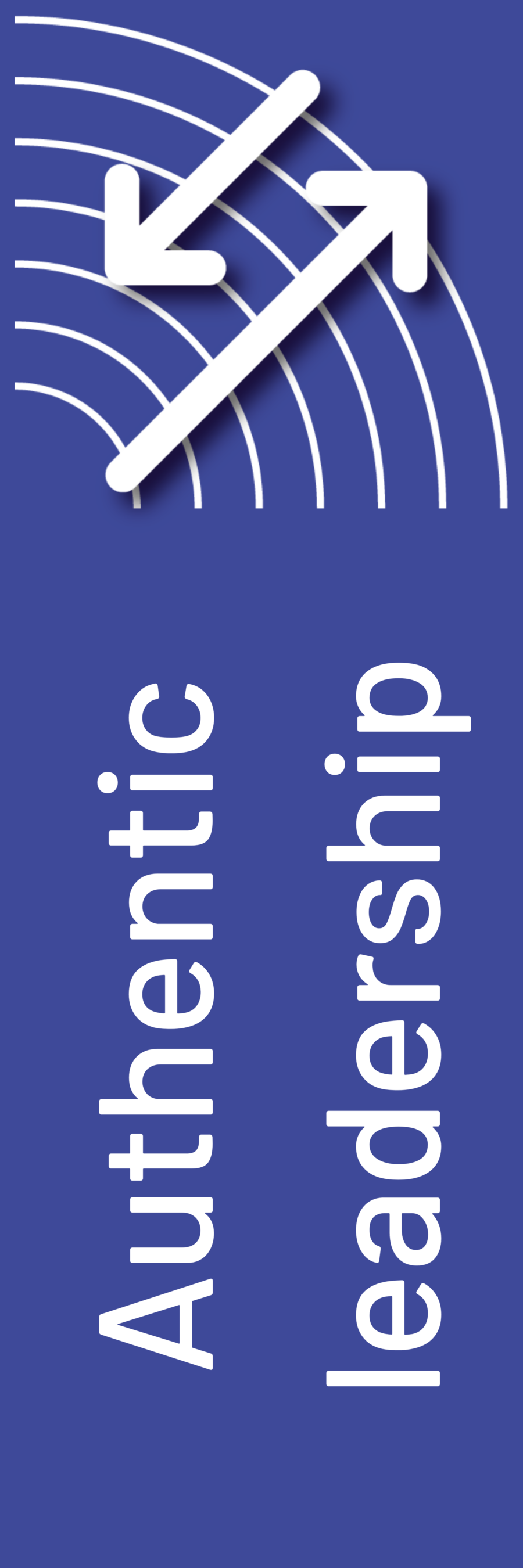
Ego introduction
But What Exactly Is an Ego?
You feel happiest when you experience that you are meaningful. Every person wants to be valuable and appreciated—this is a deep, existential need. There are different ways to seek this validation, and one of them is through your ego.
Your ego is a specific self-image that has helped you in the past to position yourself within your environment. You rely on multiple ego identities, often without even realizing it.

More motivation, successful change,
better results. Also for your team.
The (sub)personality of yourself
Think of your ego as a (sub)personality of yourself. The word ‘ego’ often carries a negative connotation, but having an ego is completely natural. Your ego positions you in relation to others and can actually support you in fulfilling your mission. When you consciously use it in the right way, your positioning enables you to influence others. And when you succeed in this, it feels comfortable—sometimes even enjoyable. Ultimately, this contributes to your sense of fulfillment. However, your ego also kicks in when your environment feels less safe—especially when you (unconsciously) sense that your position within a group is under threat. In those moments, your successful ego helps you maintain your standing.

What has this programme done for others:
The challenge comes when you over-identify with a particular ego. The problem is, you usually don’t notice this yourself—though others do, because they feel its effects. This can hold you back from achieving your goals and lead to a negative self-fulfilling prophecy. When your egos become too dominant, they stop serving your mission and start working against it. They make your mission unclear to others, ultimately leading to less success and fulfillment in your work. Ironically, this puts your position within the group at even greater risk.
That’s why it is crucial to (re)discover your mission (see: https://authentic-leadership.com/philosophy) and examine your ego identities. This allows you to consciously choose when and how to use them—rather than letting overactive egos unconsciously take control. That is the purpose of the Ego Scan.

